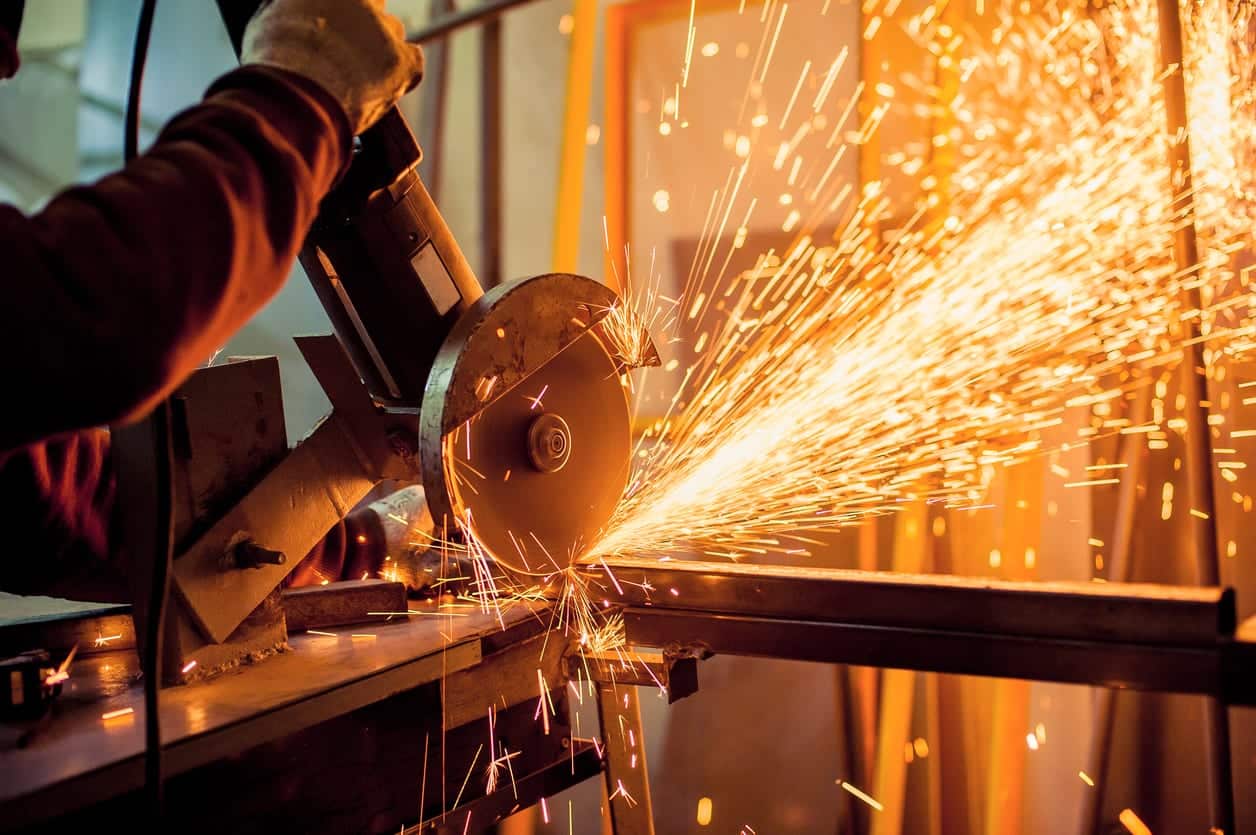There are very few manufacturing industries where your choice of the right equipment is not crucial to the success of your company. Unfortunately, manufacturing equipment is rarely, if ever, cheap. This means that when making your purchasing decisions, it is essential that you complete your due diligence to prevent expensive and possibly catastrophic choices.
Sometimes, it can actually pay to buy used manufacturing equipment, rather than spend excessive amounts on new items. Obviously, there are some factors you need to take into consideration, so let’s highlight them below to guide you in these important decisions.
1. What Benefits the Purchase Will Bring to the Company?
When it comes to buying equipment for business, you need to have a clear and focused understanding of your expectations. Are you buying machinery to increase production? Will your investment generate increased profits? Will it increase the quality of your final product? If you don’t really know the answer to any of these questions, then this purchase is more likely to be a want than a need.
When it comes to manufacturing machines and equipment, every purchase needs to add value to your business. There is no room in the manufacturing industry for indulging yourself in comfort buys for bragging rights. Know exactly what equipment you need, and why you want it.
2. Is There a Need for Outside Advice?
Many entrepreneurs fall into the trap of thinking they know everything there is to know about their business. Sometimes you can become so entrenched in the business, that you are unable to see the problems and issues because you are in the middle of them. When you are considering a large purchase, it might be worthwhile to employ the services of a consultant. They are totally independent and can look at all of your options without being clouded by emotion.
3. What Consequences Will Your Purchase Have?
Your business is totally interconnected, and any investment could have knock-on implications within the rest of your business. If you stretch yourself by over-investing in equipment, it could cause cash flow issues. The purchase of a piece of manufacturing equipment could potentially mean that you no longer need as many staff. If this is the case, could you move affected staff to other positions within the company, or will you have to make them redundant? This could affect company morale, and have financial implications you have not anticipated such as redundancy payments. That is why it is so important to look at the whole picture when making a large purchasing decision; sometimes it is not as simple as it seems.
4. What Does the Transition Period Look Like?
The concept behind buying equipment for business is hopefully to increase productivity, to lower costs and ultimately to increase your overall profitability. Make no mistake, though, initially, there may be a slowdown in productivity while your staff acclimatizes and learns how to operate the new equipment. Ensure you budget for this and any training that will be required. Many businesses expect or even rely on an instant increase in productivity; the reality can be totally different.
5. How Do You Plan to Finance Your Purchase?
Whenever it comes to manufacturing equipment financing, there are many options available to you, each with various positives and negatives:
- Purchasing – Most companies consider purchasing their equipment as their first option. Take into consideration that as the owner of the equipment you will be responsible for all maintenance and repairs should any problems develop. Bear in mind that the equipment will decrease in value over its lifespan, so this is an added cost to bear in mind.
- Leasing – Leasing your equipment can be an appealing option at the outset, as generally, the payments will be lower than purchasing the equipment. A lease is a contract, so you will normally be tied in for a set period of time, which can cost you regarding flexibility later down the line. While the payments might be smaller, you don’t actually own the equipment so leasing can work out as an expensive option.
- Renting – The final alternative is to rent. This can be a good option for older equipment which may become obsolete by the time you are finished with it. It can also be the perfect solution to solving a problem short term or when you have one specific order or task to complete.
Hopefully, now you will begin to realize just how significant the decisions you make when buying manufacturing equipment are. The choices you make today can affect the short, medium and long-term success of your business, so don’t make any snap decisions, and assess the purchase from every angle possible, it is worth investing your time before investing your money.

